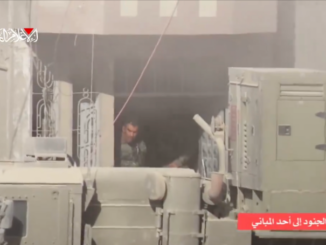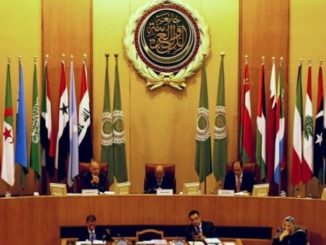
By Ramona Wadi
Looking inwards is like following the rhythm of a wave caressing Gaza’s shores. It spills over sand and rocks, leaving part of its itinerary to mingle with the imprints of feet that yearn to acquaint themselves with land beyond the undeclared borders. At some point, I believe, our eyes meet. Turning inwards, looking outwards, while the wave escapes back into its territory, incomplete.
It will return to reclaim its essence and leave more of itself where it belongs.
In my view, there is no sea. In another realm, I would have sat and stared, but there are too many echoes clamoring for attention and somewhere in the enclave, other echoes are lost in magnified noises, debris, teargas, and blood. How does turning inward expose layers of isolation that have nothing to do with solitude or self? Within my sight, away from the sea that might lure me back to an escape, buildings loom among others that were pulverized against their will. If I looked closely enough, I would find imprints all over Gaza, of lives whose last testimony was a forced yielding of blood. And beyond the recent stains, strains of stories that seek to find their voice within another. If one could hold Gaza into the palm of one’s hand, for how long would one stare before looking outwards where shades of blue water remain ensconced in reflection, while the transparent water at the shore washes over feet, pebbles, and sand, receding to complete its movement, alone?
What would command our attention from the heart? The undeclared borders or the sea?
If it were possible to hold Gaza in the palms of our hands, each bullet from a sniper’s rifle would singe us with its trajectory as opposed to fleeting images of wounds that colonialism normalized to the point of desensitization. It would be easier to look into eyes and memorize stories, in a different manner from how the mind processes the wound. And when it is time for our eyes to rest, we will see the discrepancy between the luxury of intervals and the will of return. At that moment, if we looked at the earth cradled in our hands, we would see further than Gaza as the stories intertwine with layers of remembrance, with time bringing us back to its rightful ownership of land.
Maybe at that point, there will be no choice – intervals would become obsolete as the spectator recedes to emerge in another form. And in that transformation, the need to look inward mingles with the yearning to look outward. We can view a horizon through each other’s eyes when our consciousness learns to speak of lacerations from the heart.
When the border is deconstructed from the imaginary narrative, Gaza can rise from our hands to reclaim its history, in colors that defy teargas and which resurrect the memories inhabiting the spaces vacated by force.
Until that happens, the sea would be left to its expanse, without realizing the essence of the imprisonment left behind.
– Ramona Wadi is an accomplished writer and an artist. She contributed this article to PalesineChronicle.com.








Just keep away from the fence – it’s not rocket science.